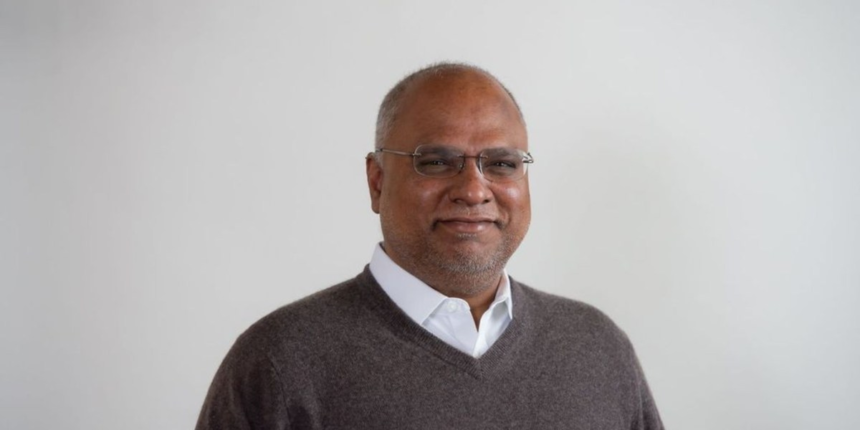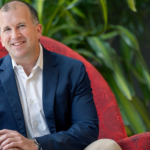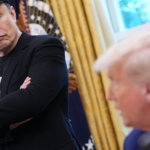Lyle Wallace has a twin, but not the kind you might picture.
Wallace—a pastor in Texas, warm and with a flowing Southern drawl—was diagnosed with diabetes in early 2023, with an A1C of 7 and a prescription for Metformin. A few months in, Wallace decided he didn’t want to rely on drugs alone, taking on a digital twin, a virtual rendering of his body built by startup Twin Health. For more than two years, that twin has been linked to his glucose monitor and activity tracker—at Wallace’s side, through grocery stores, church events, and in his yard with his kids. He says that, without a doubt, the technology has helped him reframe how he thinks about his diabetes.
“When you incorporate a sense of control and allow things to be used in the proper design, that’s when flourishing comes,” said Wallace. “Sugar tastes really good, but if all I eat is pecan pies—which I’d love to do—it’s going to affect my health. Seeing that has made a difference. Now, as I’ve been able to heal, the slice of pecan pie is in its proper place and isn’t affecting my health in a detrimental way. [Twin] has helped bring in a sense of discipline and self-control that didn’t feel forced.”
“Diabetes doesn’t occur by itself,” said Jahangir Mohammed, founder and CEO of Twin Health. “It occurs as a cluster of diseases—it’s diabetes, hypertension, bad cholesterol, fatty liver, chronic kidney disease. These things happen together, and when not addressed, they show up as heart failure, kidney failure and Alzheimer’s… These are the most prevalent diseases, globally affecting over two billion people. In the U.S., we spend one trillion dollars and still see 1.5 million premature deaths. It turns out there’s one root cause—dysfunctional metabolism. Can you imagine, the world’s largest problem has one root cause and we haven’t solved it?”
“I think right now they’ve reached a number of very important technological and commercial milestones, especially with the latest blue-chip health plans and larger corporates signing up to Twin Health,” said Jannick Mortensen, partner at Maj Invest. “We’re reaching a scaling or inflection point, where we simply just need to scale commercially across more employers, health plans, and patients.”
That isn’t to say this is an easy problem to solve. Twin’s Dr. Lisa Shah, chief medical officer, says she’s seen more doctors willing to engage with emerging technologies today, than five years ago. But treating diabetes isn’t just a doctor’s office endeavor—it’s an everyday endeavor.
“Biology is only half the problem, it’s also behavior,” said Mohammed. “Behavior causes biology. It’s what we put in our body, how we move, how we rest, how we breathe, the thoughts that run in our head. We have to correct the behavior to correct the biology. The only way to solve this problem is with biology and behavior simultaneously. It’s a simultaneous problem, not a sequential problem to solve.”
I’ve always found metabolism mysterious, and it turns out that’s not an accident. It is, in part, scientific fact.
“Human metabolism is actually one of the most complicated systems in the world,” said Twin’s Dr. Shah. “I always joke with my members: How many of you have heard that your metabolism slows down as you get older? Everyone. But what I teach people is that it’s like a car engine. When you drive that car off the lot, the engine gets older every day from there. But if you take that engine, give it TLC, you can increase the lifespan of that engine.”
Of course, over time, we change: We get desk jobs, we can’t eat heaps of pasta with the ease we had at 16, and our hormones change. As our bodies wear down, our metabolism evolves in ways we never planned for. Our lives evolve in ways we never planned for, and don’t always understand. And, in part, health is the intersection of science, data, everyday practices—and recognizing what we don’t know and can’t know. Having faith, which it seemed like it was worth asking a pastor about.
“I’ve learned there’s a spiritual component to this,” said Wallace. “We have a physical nature, and we have an immaterial nature—soul and spirit, housed in this physical nature. And God has designed us to flourish… There’s something spiritual about being a good steward of my physical health, allowing me to be more present to help my congregation. It’s allowing me to be more present for other people, and to be more available.”
See you tomorrow,









